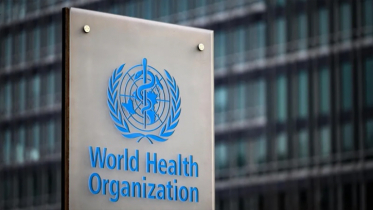Plastics May Disrupt Sleep Like Caffeine, Study

Published: 12:44 AM, 12 May 2025
Chemicals leaching from common plastic products—like medical tubing and hydration pouches—may disturb the body’s internal clock in a way similar to caffeine, potentially increasing the risk of sleep disorders, diabetes, immune problems and even cancer, according to new research.
The study, published in Environmental International, reveals how substances found in PVC and polyurethane plastics can interfere with the body’s circadian rhythm by affecting the adenosine receptor, a key cellular component that helps regulate sleep-wake cycles. The disruption could delay the body’s internal clock by up to 17 minutes.
“This study adds to the increasing body of evidence that plastics contain compounds that cause a wide range of toxic effects,” researchers wrote. Martin Wagner, a co-author and scientist at the Norwegian Institute of Science and Technology, noted that while the chemicals are less potent than caffeine, their cellular impact is faster than previously known hormonal effects from plastic exposure.
The findings come from in vitro tests on human cells, with further studies planned on zebrafish to assess the broader physiological impact. The research adds pressure on regulators and industry to reform plastic production, which may involve over 8,000 chemicals, some unintentionally formed during manufacturing.
Wagner stressed that even minor disruptions to the circadian rhythm can carry health consequences: “It’s such a tightly controlled clock that even a 15-minute shift is significant.”

.png)
.png)






